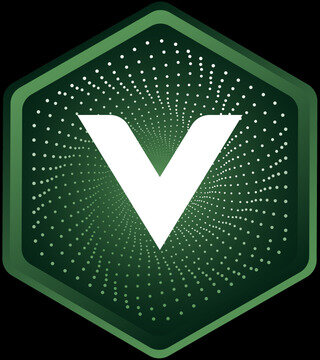Low Level Light Therapy, a primer on the science
We made the decision to move forward on our second location very quickly. Unreasonably quickly maybe. And with the expansion of space came an expansion of equipment - we now had access to a sauna (cool!), a salt cave (neat!), and a Low Level Light Therapy Bed (what?).
So naturally, Casey and I divided tasks in order to get things up and running as smoothly as we could. He does all the hard stuff like negotiating leases and organizing construction projects, while I do the cool things like figuring out software and researching how to talk about and use our new space and tools. Which led to me getting certified with LightStim, the company that made our light therapy (or LLLT) bed.
I went into the training and this new location with what I’d consider to be healthy skepticism and what Casey would consider to be persistent pessimism. I like to think I’m a realist. I didn’t see how the bed would fit into our business. It seemed a little too… “woo” is the best way I can put it. I want the tools we provide to have both scientific and practical backing, and my only knowledge of red light therapy came from listening to wellness podcast hosts pushing a home version for sale. But I went into the training with my mind as open as it is capable of being (read: just barely).
Much of that was assuaged right at the beginning of the first training session. LightStim managed to get itself FDA clearance for all of its tools. They offer a few versions of LLLT, of which we have two. The Pro Face Panel is cleared to treat wrinkles on the entire face (including around the eyes, which is rare). The Bed is cleared to relieve arthritic pain, a variety of minor aches and pains, relax muscles and increase local blood circulation. You can use it for post-workout soreness, accidents and sports injuries, backaches, arthritis and stiffness. That REALLY caught my attention.
Gaining FDA clearance is a tough thing to do, and LightStim was the first company to do it, opening the door for others that came after. The results from the Face Panel study are striking. So at this point I was already feeling much more open to the benefits of these tools.
To break it down quickly (but certainly not simply), these tools are made up of LEDs, or light emitting diodes. Diodes are semiconductors that convert electrical energy into light energy released on the form of photons, which are little packets of light energy. Those energy packets can be absorbed by chromophores, which are light absorbing molecules in the body. This all triggers photobiomodulation - the use of light to control or modulate biology. In essence, certain wavelengths of light are able to penetrate your cells and create biological change.
Think of yourself like a battery that needs charged up. We have a variety of options to replenish energy - sleep, water, food, and now you know, you also have light! The memes about humans being complicated house plants are… not that far off.
Since the concept of low level light therapy was introduced in the late 1960s, there have been over 400 clinical trials and over 4000 lab tests to help discover how this mechanism works. The most notable trials were done by NASA in the 1990s, which were originally intended to try to grow food in space. Instead, they found the LEDs promoted growth of normal human skin cells, decreased would size, an improved muscoloskeletal injury healing.
Those studies show that certain wavelength of LED light (included in our LightStim bed), have the ability to make the following changes at the cellular level:
Nitric Oxide and ATP production go UP - meaning more energy for your cells and therefore for YOU
Oxidative Stress goes DOWN - decreases the cumulative damage done by free radicals (contribute to premature aging and poor health outcomes)
Blood Circulation goes UP - which shuttles nutrients and oxygen to your cells and explains why the bed helps speed up recovery after hard athletic efforts
Inflammation goes DOWN - systemic inflammation causes a whole host of issues (the makers of the bed actually created it for this reason, to help their son overcome his genetic hypertension issues they suspected was caused by systemic inflammation)
I was FLOORED by this information. And naturally, decided to put it to the test myself. So I’ve been making an effort to use the bed regularly - 4x per week. The recommendation is to use it for 40 minutes at a time, 20 minutes for the front of your body, 20 minutes for the back. I don’t always have that much time to devote to this effort, so I’m doing what I can. In part two, I’ll report my short term results (and will update with long term results at a later date).
We would LOVE it if we could expand this unofficial research effort to our clients. We thought the best way would be to give you a little extra motivation beyond my breakdown of the science - a $10 discount off your first LightStim bed service. Pricing is $35 per 20 minute session. That means a 20 minute use would be just $25, or the full 40 minute for just $60. We are interested in creating a membership for this service given your feedback. Come in, give it a shot, see if it’s something you could add to your self-care routine!



